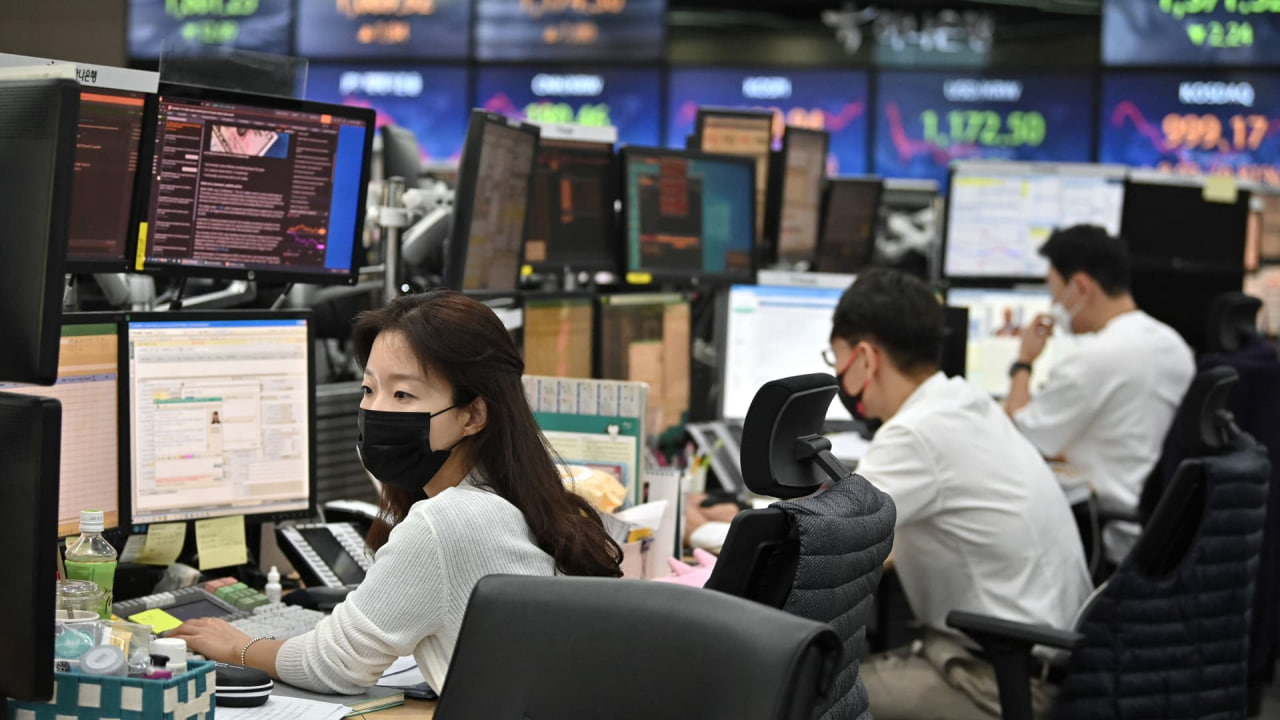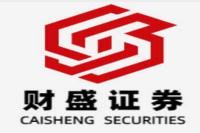港股化债概念股暴跌:深度解析风险与机遇
Meta Description: 港股化债概念股, 中国信达, 融创中国, 股市波动, 投资风险, 资产管理公司, 房地产市场, 金融风险, 投资策略
Are you an investor glued to the Hong Kong stock market, especially the volatile world of asset management companies (AMCs) and real estate? Then buckle up! The recent dramatic plunge in Hong Kong's debt-to-equity swap (化债) concept stocks, like the eye-popping 16% drop in China Cinda (01359.HK) and the significant fall in Sunac China (01918.HK), has sent shockwaves through the market. This isn't just another blip on the radar; it's a crucial moment demanding a deep dive into the underlying factors driving this volatility, the inherent risks involved, and the potential opportunities that might emerge from the ashes. We'll dissect the recent market moves, examining the intricate interplay between AMC performance, the broader Chinese real estate sector, and global economic headwinds. This isn't just about numbers; it's about understanding the human element – the investors who bet big, the companies navigating uncertain waters, and the broader societal implications. Forget dry financial jargon; we'll break it down with real-world examples, insider perspectives (where appropriate), and actionable insights to help you navigate this complex landscape. Prepare to uncover the truth behind the headlines and equip yourself with the knowledge to make informed decisions in this dynamic market. This isn't just a story about stocks; it's a story about risk, reward, and the resilience of the market itself. Let's dive in!
港股化债概念股
The recent volatility in Hong Kong's debt-to-equity swap (化债) concept stocks, particularly the sharp decline of China Cinda (01359.HK) and Sunac China (01918.HK), highlights the inherent risks and rewards in this sector. These stocks experienced a meteoric rise earlier this year, fueled by optimism surrounding government-led initiatives to resolve the financial distress within the Chinese real estate sector. However, the recent downturn underscores the unpredictable nature of the market and the need for a nuanced understanding of the underlying dynamics.
The dramatic price swings aren't just random; they reflect several interacting factors. Firstly, the initial surge likely incorporated overly optimistic expectations about the efficacy and speed of the debt-to-equity swap programs. While these initiatives aim to alleviate financial stress, their implementation is complex and faces various challenges. Secondly, the broader macroeconomic environment plays a crucial role. Global economic uncertainty, rising interest rates, and concerns about China's economic growth all contribute to a risk-averse sentiment among investors, leading to profit-taking in higher-risk sectors like AMC stocks. Let's not forget that the real estate sector itself remains fragile, with lingering concerns about property defaults and the overall health of major developers.
This situation isn't just about numbers on a spreadsheet; it directly impacts the lives of countless individuals—homebuyers, employees of real estate companies, and investors who poured their savings into these stocks. The human element is undeniable, making the market's fluctuations all the more significant.
中国信达 (01359.HK) 和 融创中国 (01918.HK) 的案例研究
Let's examine China Cinda and Sunac China more closely. China Cinda, a major AMC, witnessed a staggering 250%+ increase between September 17th and October 7th. This rapid ascent was followed by a near 20% drop within just six trading days. This illustrates the extreme volatility inherent in these stocks—a rollercoaster ride that can leave even experienced investors feeling queasy. Sunac China, a prominent real estate developer, experienced a similar, though less dramatic, price swing, reflecting the interconnectedness of the AMC and real estate sectors. This isn't just a story of market fluctuations; it's a case study in the perils of chasing quick gains and the importance of thorough due diligence.
The key takeaway? These aren't "get-rich-quick" schemes. Investing in this sector requires a long-term perspective, a deep understanding of the Chinese economy and regulatory landscape, and a healthy dose of risk tolerance. Remember, past performance is not indicative of future results. This is a crucial lesson learned from this recent market correction.
投资风险与机遇
Investing in AMC and real estate-related stocks presents significant risks. These include:
- Market Volatility: As we've seen, price swings can be dramatic and unpredictable.
- Regulatory Uncertainty: Changes in government policies can significantly impact the sector.
- Economic Headwinds: Global and domestic economic conditions play a crucial role.
- Credit Risk: The underlying assets managed by AMCs carry inherent credit risks.
- Liquidity Risk: It might be difficult to quickly sell your holdings during periods of market stress.
However, despite these risks, opportunities exist. For long-term investors with a high-risk tolerance and a thorough understanding of the sector, the potential for significant returns remains. Strategic investors might find value in undervalued assets, especially if the government's debt-to-equity swap programs succeed in stabilizing the real estate sector. The key is to carefully assess the risks, diversify your portfolio, and adopt a well-defined investment strategy. Don't put all your eggs in one basket, folks!
常见问题解答 (FAQ)
Here are some frequently asked questions about investing in Hong Kong's 化债 concept stocks:
-
Q: Are these stocks suitable for all investors?
A: No. These stocks are inherently high-risk and are best suited for sophisticated investors with a high-risk tolerance and a long-term investment horizon.
-
Q: What are the major factors driving the volatility?
A: Macroeconomic conditions, regulatory changes, the performance of the Chinese real estate sector, and investor sentiment all play a significant role.
-
Q: How can I mitigate the risks?
A: Diversify your portfolio, conduct thorough due diligence, and avoid making emotional investment decisions.
-
Q: What are the potential long-term opportunities?
A: There might be opportunities for value investing if the government's initiatives stabilize the real estate market.
-
Q: Where can I find reliable information about these stocks?
A: Reputable financial news sources, analyst reports, and company filings are your best bet. Don't rely solely on social media or unqualified opinions!
-
Q: Should I panic sell if the market continues to decline?
A: No. Panic selling is rarely a good strategy. Stick to your investment plan and reassess your holdings based on your long-term goals.
结论
The recent volatility in Hong Kong's 化债 concept stocks serves as a stark reminder of the inherent risks in high-growth, high-risk investments. While potential rewards exist, investors must proceed with caution, performing thorough due diligence and understanding the underlying dynamics of the Chinese economy and real estate sector. Remember, informed decision-making is key. Don't let emotions dictate your investment choices; let facts and a well-defined strategy guide you. Stay tuned for further developments and remember to always seek advice from qualified financial professionals. The market, my friend, is a wild beast. Treat it with respect.



